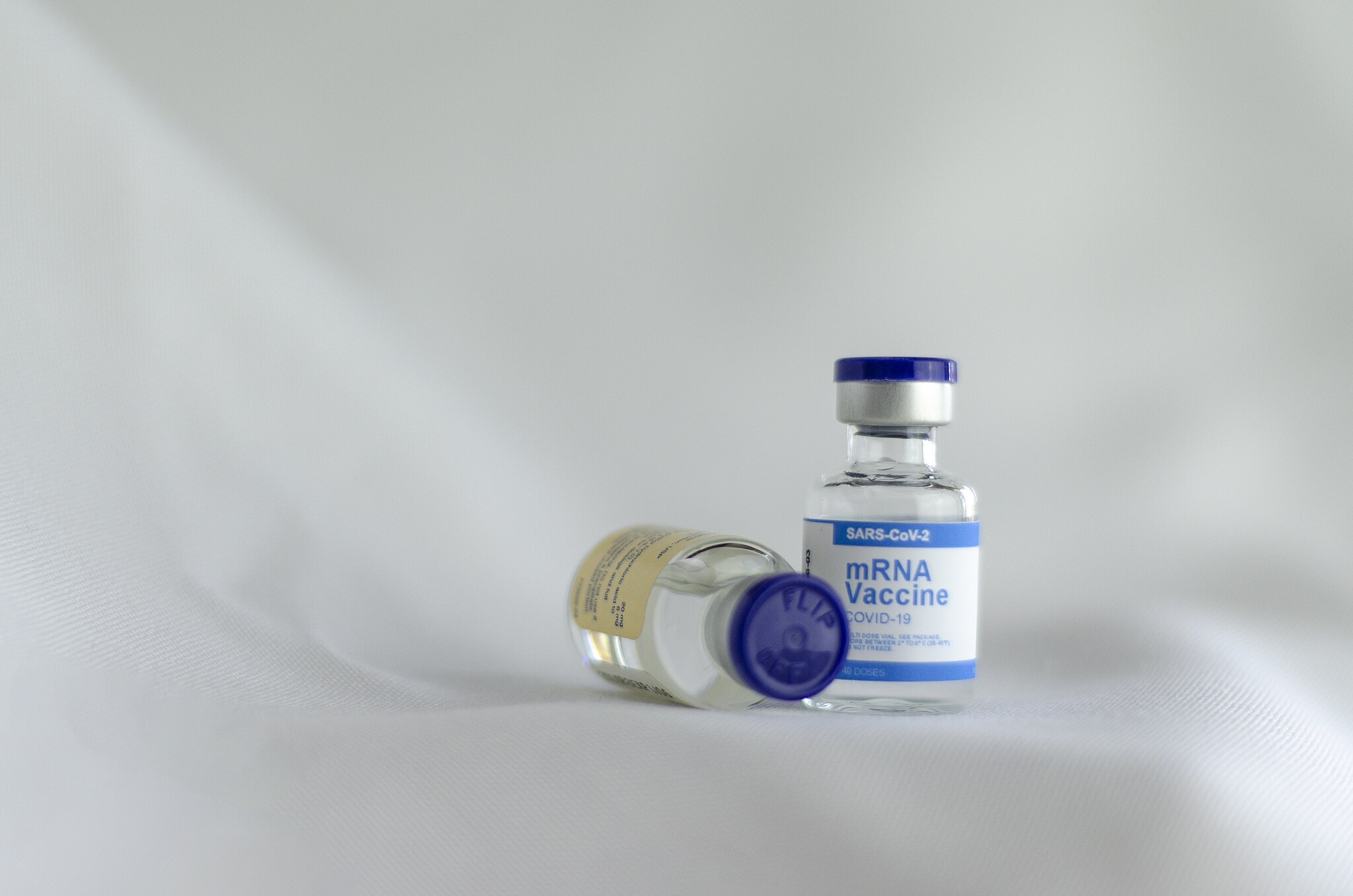This week, the US Health Department announced the cancellation of several mRNA vaccine development contracts.
The cuts and restructuring of collaborations affect 22 projects worth about half a billion US dollars, and no new mRNA projects will be funded.
The US Secretary of Health, Robert F. Kennedy, Jr., claimed mRNA vaccines don’t provide effective protection against upper respiratory tract infections and said that funding would be shifted towards “safer, broader vaccine platforms”.
The SMC asked experts to comment on how this affects NZ and local mRNA vaccine research.
Professor Kjesten Wiig, Co-director of the RNA Development Platform and Director of the Malaghan Institute of Medical Research, comments:
“The recent decisions out of the US to cut funding for mRNA vaccine development represent a new low for the American medical and scientific community, one that risks undermining decades of progress in public health and infectious disease preparedness.
“At the Malaghan Institute, our research is not directly affected by US funding cuts. Likewise, the national RNA Development Platform continues to receive sustained support from the New Zealand Government. This backing allows us to focus on developing safe and effective RNA vaccines and therapeutics not just for human medicine but also for treatments that will benefit our primary industries, and for New Zealand specific problems.
“RNA is a proven, safe and transformative technology. Its potential extends well beyond the pandemic. In the absence of US leadership, there is an unprecedented opportunity for countries like New Zealand to step up to ensure this breakthrough science continues to benefit people globally.”
No conflicts of interest.
Our colleagues at the UK SMC have also gathered comments. A small selection follows—see their website for the full expert reaction.
Prof Christopher Chiu, Professor of Infectious Diseases, Imperial College London, said:
“Hundreds millions of people received mRNA vaccines during the pandemic with no major ill effects, dramatically reducing the risk of severe COVID-19, hospitalisation and death. In this way, they played a critically important part in allowing society to return to normal. Overall, the mRNA vaccines have been shown to be very safe, although like all treatments they can cause side effects, mostly mild but including some rare severe reactions. It is misleading to single out mRNA vaccines for promoting mutations and failing to protect against common cold-like symptoms; this is true for all respiratory virus vaccines that are given by injection and can stimulate a protective immune response. Better protection is needed but until we have next-generation alternatives that can completely block infection in the nose and lung, mRNA vaccines will continue to be important and valuable.”
Dr David Elliman, Honorary Associate Professor, UCL, said:
“This is a very worrying development. mRNA vaccines were an extremely important tool in saving the lives of people from COVID. There is no reliable published evidence that supports RFK Jr’s assertion that the vaccines encourage new mutations and, in so doing, may prolong pandemics. The evidence to support this should be made public, so that it can be examined, by experts in the field who have not been picked because of their anti-vaccine views.
“While this development is not only a retrograde step for the development of mRNA vaccines, of greater concern, perhaps, is that it reinforces the impression that, in spite of his protestations, RFK Jr is antivaccine. This has implications, not only for vaccination programmes in USA, but around the world. At a time when vaccination rates are falling globally, we need to follow the evidence, not ideologically led beliefs. Such misguided beliefs are likely to cause unnecessary suffering and death, particularly in children.”
No conflicts of interest.
Prof Robin Shattock, Professor of Mucosal Infection and Immunity, Imperial College London, said:
What do we know about the safety and efficacy of mRNA vaccines?
“Following their use in millions of individuals during the pandemic and using current technology, we have an extraordinary level of detail on the safety and efficacy of mRNA vaccines. In the context of COVID-19, these vaccines prevented millions of deaths and hospitalisations. As for mRNA vaccines against other infectious these would need to be evaluated on a case-by-case basis.
Do mRNA vaccines increase the mutation rate of viruses?
“No, there is no scientific evidence that this is the case. Different viruses mutate at different rates, for example influenza virus changes on a seasonal basis, SARS-CoV2 continues to vary irrespective of whether individuals have received mRNA vaccines.
What are the impacts of this funding cut on public health and health research in the US and globally?
“This will impoverish American resilience to future pandemics. But more importantly, it will be used by some to legitimise unfounded claims that mRNA vaccines and vaccines in general are unsafe. This is directly opposite to the scientific evidence-based approach to science. This technology offers real benefits not only against infectious diseases, but also in our fight against cancer, autoimmunity, and hereditary diseases.
If known, what data might he [R.F. Kennedy Jr] be referring to and how does it compare with other existing evidence?
“It is unclear as to what evidence he is referring to, given that these vaccines have been highly scrutinised by regulatory bodies on an ongoing basis (FDA, EMEA, MHRA). He has provided no evidence to show that alternative vaccines are any different to mRNA vaccines concerning claims of safety and the unfounded claim that mRNA vaccines drive the mutation rate of viruses.
Any other considerations you have about the claims being made?
“This is another blow against vaccine uptake in general, where for example, we are seeing the return of Measles outbreaks in the US and unnecessary deaths.”
Conflict of interest statement: “I work on RNA vaccines in an academic setting, but have no associations with any of the work that is being axed by RFK or the companies involved.”
